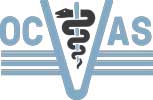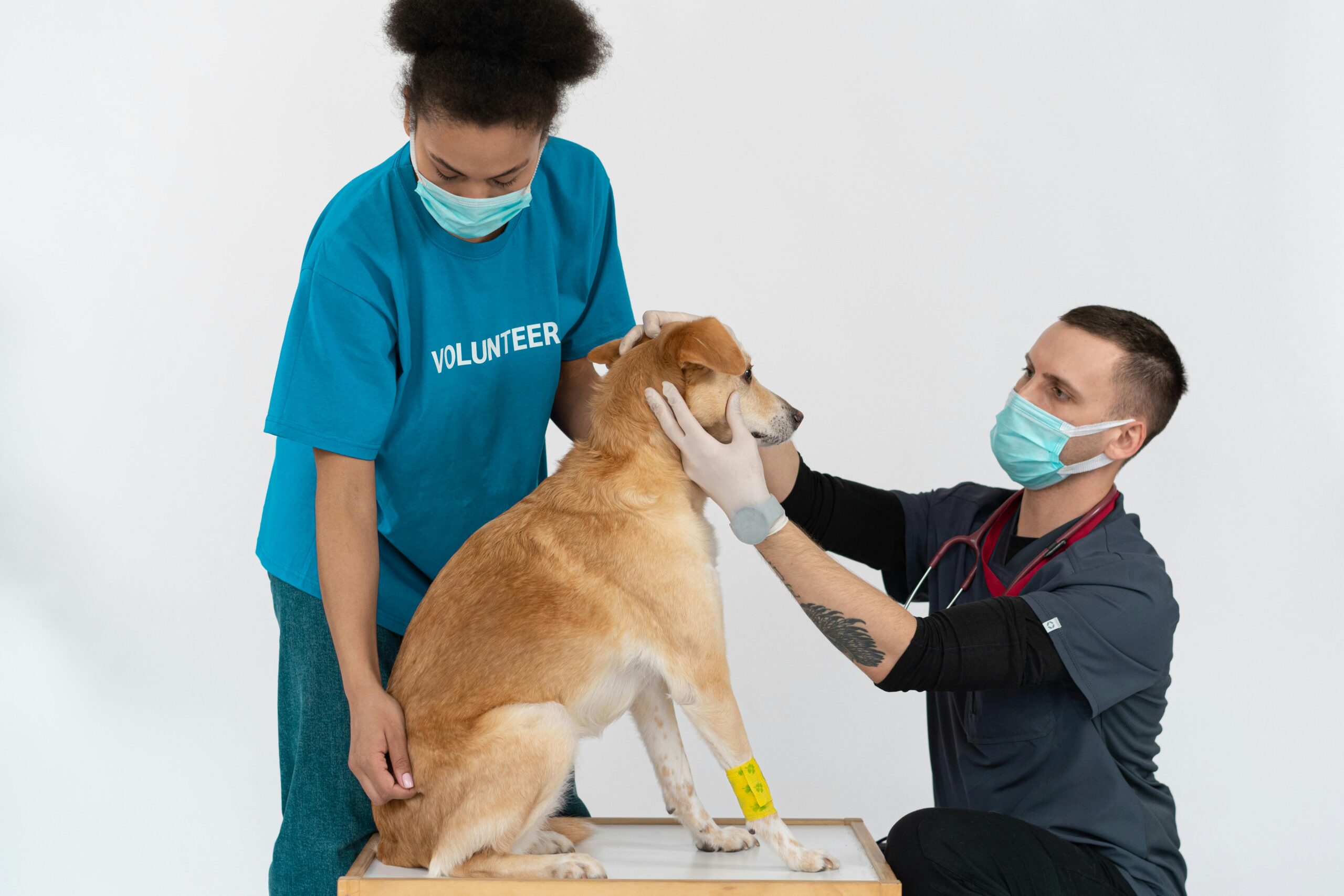Passing the Veterinary Technician National Exam (VTNE) is an important milestone for anyone pursuing a career as a veterinary technician. It represents not only your knowledge and skill but also your readiness to serve in a wide range of animal care roles. Once you pass, the next step is deciding how you want to put your credential to work. The field of veterinary medicine offers many rewarding opportunities, and your choice should reflect both your interests and your long-term goals.
General Practice Clinics
Many newly certified veterinary technicians begin their careers in general veterinary practices. These clinics offer a wide range of services, from routine checkups and vaccinations to surgeries and dental cleanings. Working in a general practice allows you to gain broad experience and strengthen your core skills. You will be assisting with anesthesia, monitoring patients, preparing lab samples, and working closely with pet owners. This path is ideal for those who want a strong foundation and daily variety in their work.
Specialty Practices
If you are drawn to a particular area of veterinary medicine, specialty practices may be the right choice. Specialties include fields such as anesthesia, emergency and critical care, dentistry, internal medicine, dermatology, and oncology. Working in a specialty clinic allows you to focus on advanced procedures and deepen your expertise. Many veterinary technicians choose to pursue Veterinary Technician Specialist (VTS) certification in these areas, which can increase earning potential and professional recognition.
Emergency and Critical Care
Emergency clinics provide fast-paced, high-intensity work environments. If you thrive under pressure and want to be part of lifesaving interventions, this path may be a great fit. Technicians in emergency care assist with trauma cases, urgent surgeries, and critical monitoring. While the hours may be demanding, the reward of making a difference in life-threatening situations can be significant.
Research and Laboratory Roles
Veterinary technicians are also valuable in research and laboratory settings. Universities, pharmaceutical companies, and government organizations hire technicians to assist in studies involving animal health, disease prevention, and medical advancements. These roles may include handling laboratory animals, collecting and analyzing samples, and maintaining accurate records. For those interested in science and discovery, this path offers a unique way to contribute to veterinary medicine.
Public Health and Government Opportunities
Beyond the clinic, there are opportunities in public health and with government agencies. Veterinary technicians may work in food safety, zoonotic disease control, or animal health inspection roles. Agencies like the USDA or local departments of health employ technicians to help protect public health while ensuring animal welfare. These positions often provide stability, structured hours, and comprehensive benefits.
Shelter and Non-Profit Work
If your passion lies in animal welfare, working in shelters or rescue organizations could be an ideal career path. Veterinary technicians in shelters play a key role in spay and neuter programs, rehabilitation, and adoption preparation. The work is deeply rewarding, as it often involves giving second chances to animals in need. Non-profit organizations also offer opportunities to combine veterinary skills with community outreach and education.
Education and Mentorship
With experience, some veterinary technicians move into education or mentorship. Teaching in veterinary technology programs or training new staff within clinics allows you to guide the next generation of professionals. If you enjoy sharing knowledge and helping others grow, this path can be both fulfilling and impactful.
Leadership and Management
As you progress in your career, leadership opportunities such as head technician, practice manager, or hospital administrator may become available. These roles allow you to combine clinical expertise with organizational skills, overseeing staff, managing schedules, and ensuring smooth operations within a clinic or hospital.
Continuing Education and Growth
No matter which path you choose, continuing education will be an important part of your career. Attending conferences, enrolling in workshops, and pursuing advanced certifications can help you stay current with new techniques and expand your professional opportunities.
Takeaways
Passing the VTNE is the beginning of an exciting journey. Whether you see yourself in a general practice, a specialty hospital, a research lab, or a shelter, there are many paths to explore. Take time to reflect on your strengths and interests, talk with mentors, and seek experiences that align with your goals. Your credential is a key that can unlock a career full of purpose and possibility.

